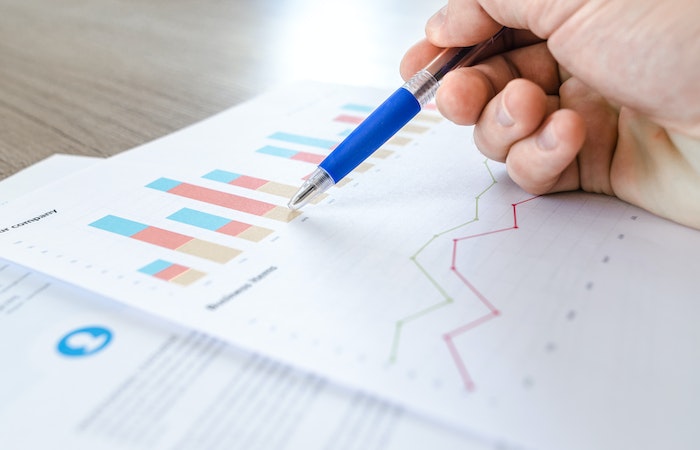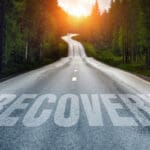Recently, the NPR podcast “Up First” reported some sobering statistics about opioid use in the United States. Those stats, according to the report, were driven by street fentanyl, which NPR described as “flooding communities.”
NPR’s addiction correspondent Brian Mann said of street fentanyl, a powerful synthetic opioid, “It’s so deadly it’s contributing to a drop in American life expectancy.”
Mann’s reporting cited a report from the Centers for Disease Control and Prevention announcing that as of late 2022, life expectancy in the United States reached its lowest point in 20 years. Street drugs like fentanyl played a significant role in this grim milestone.
The deaths appear to have peaked in March of 2022. As of that month, 110,236 people—many of them under the age of 40—had died as a result of drug use in a single 12-month period.
To put that in perspective, consider the population of Kirkland, MO, which is home to The Aviary Recovery Center. In 2021, the reported population of Kirkland was 29,371. The number of deaths from drugs during the 12-month period ending in March 2022 was nearly four times the entire population of Kirkland. To look at it the other way around, the population of St. Louis is a bit shy of 300,000. Imagine if 1 in every three people in St. Louis died in a single 12-month period.
As these numbers make clear, the opioid crisis has serious implications for society as a whole. But we want to shift the focus from society at large to the potential impact on an individual.
You might think of that individual as…well…you.
Have You Been Prescribed an Opioid? Use Only as Directed
Make no mistake: opioids can be an effective way to deal with significant pain after surgery or as an approach to addressing chronic pain. But these powerful drugs come with the risk that you could develop an addiction.
The best way to stave off that possibility is to follow the instructions of your doctor and pharmacist to the letter. Don’t take more than your prescribed dosage. Don’t take the drugs more frequently than you have been instructed. Don’t look for ways to maintain a supply after your prescription runs its course.
Taking these precautions seriously and using opioids only as directed is essential to your goal of experiencing less pain without developing a substance use disorder centered on opioids.
Thinking of Trying Street Drugs? Think Again.
The opioid epidemic seems to have sparked an increase in the use of heroin, which has now been followed by the spike in street fentanyl use. Sometimes people turn to these drugs when they can no longer get pain medication. Sometimes people turn to these drugs as a way to escape the challenges of their day-to-day lives. In either case, they are making a mistake.
So our advice here is straightforward. Considering street drugs? Make sure you are truly considering the consequences of such a decision. If you do that, you are likely to steer clear of heroin and fentanyl.
What If You Already Have a Problem? It is Time to Get Help
Our advice so far probably seems pretty useless if you are already struggling with opioids. Maybe you are trapped in the frustrating cycle of trying to give up the drugs only to find you cannot withstand the withdrawal symptoms—which send you scurrying back to the drugs. It might seem like there is just no way to break free from that trap.
But there is, in fact, a way to reclaim your sobriety and your life. If you have developed a substance use disorder, the time to pursue treatment is right now. Medically supervised detoxification, a robust rehabilitation program, and a supportive continuum of care can give you the strategies and resources you need to maintain your hard-won sobriety. And if you experience a relapse (as many people do), a return to treatment is the best way to restart your recovery journey.
We Are Here to Help
In the face of the challenges that come with a substance use disorder, it can often seem like nothing, and no one can help. It might even be tempting to think that the ongoing opioid crisis in America reveals that nothing can be done to help a person—perhaps you yourself—who has become addicted to these drugs.
But the reality is that help is available. At The Aviary Recovery Center, we offer compassionate, personalized treatment for substance use disorders (as well as co-occurring mental health disorders like anxiety, depression, and more). We can help you regain—and then maintain—your sobriety.
We don’t want you to be counted among the many who are losing their lives to opioids. If you are struggling, we are here to help.










